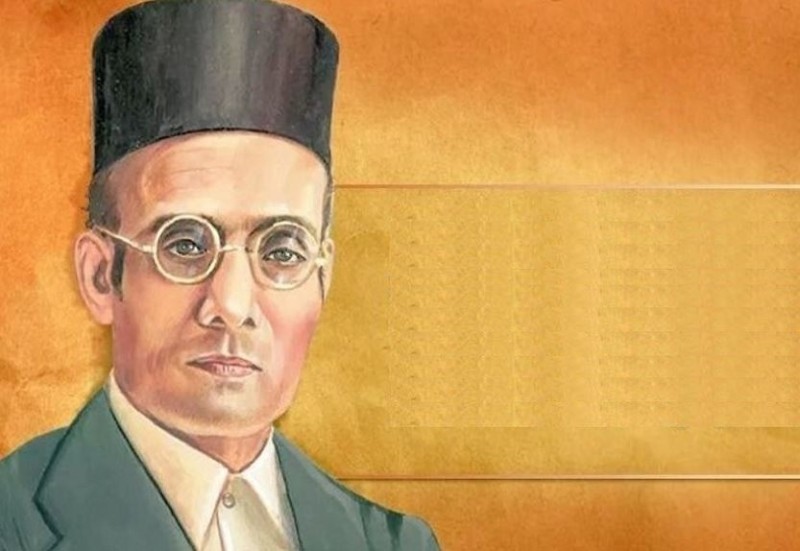
Vinayak Damodar Savarkar, popularly known as Veer Savarkar, was a prominent freedom fighter, revolutionary, and nationalist leader who played a multifaceted role in India's struggle for independence from British colonial rule. His contributions encompassed a wide range of fields, from revolutionary activities and writing to social and political reforms. Let's delve into the detailed journey of Veer Savarkar's role in shaping India's path to freedom.
Early Life and Ideological Foundations
Born on May 28, 1883, in the village of Bhagur, Maharashtra, Savarkar was exposed to revolutionary ideas from a young age. He was deeply influenced by the events of the 1857 Revolt and the sacrifices made by the freedom fighters. This influence laid the foundation for his unwavering commitment to India's liberation.
Activism and Revolutionary Activities
Savarkar's involvement in the freedom struggle began during his college years in Pune. He founded the Abhinav Bharat Society, which aimed to promote revolutionary ideas and overthrow British rule. In 1909, he was arrested for his alleged involvement in the assassination of British officer Arthur Jackson. His trial and subsequent imprisonment on Cellular Jail in the Andaman and Nicobar Islands marked a turning point in his life.
Incarceration and Resilience
During his incarceration, Savarkar endured immense hardships and torture. Despite this, he remained resolute in his commitment to India's freedom. His time in prison was marked by his prolific writings, including poems, essays, and historical works. He wrote extensively on the need for complete independence, asserting that political freedom was essential for the progress and dignity of the nation.
Hindutva and Nationalism
Savarkar's concept of Hindutva played a significant role in shaping his vision for India's independence. He believed in the cultural and national unity of Hindus and aimed to create a cohesive and strong Hindu society. He emphasized the importance of self-defense and self-reliance, advocating for a united Hindu front against colonial oppression.
International Advocacy for India's Freedom
Savarkar's efforts extended beyond India's borders. He tirelessly advocated for India's freedom on the international stage, seeking support from foreign leaders and organizations. He collaborated with Indian diaspora communities and made significant contributions to raising awareness about India's struggle for independence on a global platform.
Post-Independence Contributions
After India gained independence in 1947, Savarkar continued to contribute to various spheres of public life. He was a member of the Hindu Mahasabha and actively participated in politics. He also wrote extensively on topics ranging from history and culture to social issues and literature.
In conclusion, Veer Savarkar's role in India's struggle for independence was multi-dimensional. His revolutionary spirit, prolific writings, international advocacy, and dedication to national unity left an indelible mark on the trajectory of India's freedom movement. His vision for a strong, united, and independent India continues to inspire generations, even as his life and contributions remain subjects of scrutiny and study in the larger narrative of the nation's history.
Paths to Independence: Subhash Chandra Bose and Mahatma Gandhi's Vision for India
Independence Day 2023: US Legislators Set to Attend PM Modi's Address at Red Fort